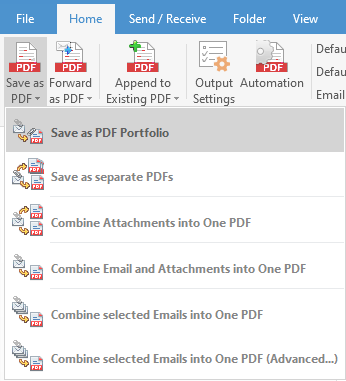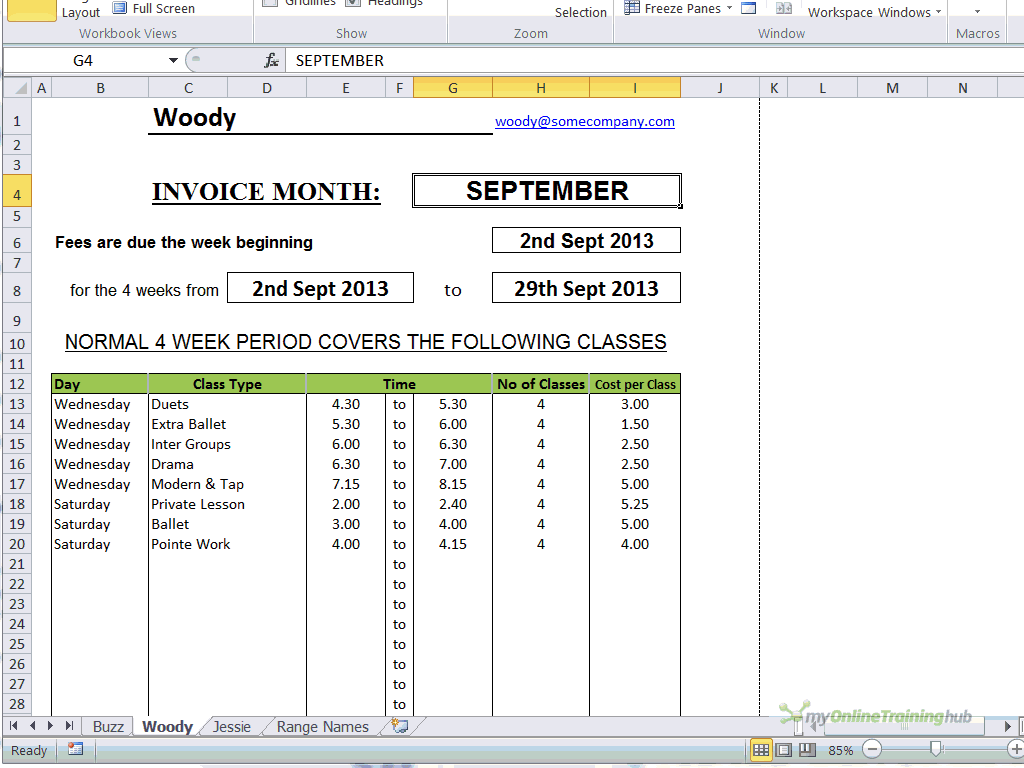


the decision is made that the fuel will be used as motor fuel (known as being ‘set aside’).the fuel is sent out from registered premises.Taxpayers must register to pay duty on biofuel and other fuel substitutes if any of the following applies: used as an additive or extender in fuel.used as a fuel for any engine, motor or other machinery.Go to Excise Notice 179 for guidance on the ‘requirements and obligations for warehousekeepers of motor and heating fuels in the UK’.īiofuel and other fuel substitutes are liable for duty when they are: Taxpayers must account for duty on hydrocarbon (mineral) oils stored on their premises when they leave a registered warehouse for use within the UK, as they become liable for duty at this point. When duty is charged on fuels and oils Oil producers Fuel additivesįuel additives are liquids added to the fuel supply of vehicles through the filler cap or other parts of the fuel system. Fuel substitutesįuel substitutes are any liquid (except water under certain circumstances) that is not hydrocarbon (mineral) oil, biodiesel, or bioethanol blend that is used to fuel engines, motors or other machinery, or added to motor fuel. Biofuelsīiodiesel is liquid fuel produced from biomass or waste cooking oil that can be used in diesel engines.īioethanol is liquid fuel containing ethanol produced from biomass which can be used like light oil. They are also used as fuels, lubricants and raw materials for the production of plastics, fibres, rubbers, solvents, explosives and industrial chemicals. They are the main components of petroleum and natural gas. Hydrocarbon (mineral) oils are any organic compounds consisting of hydrogen and carbon. Fuels and oils Hydrocarbon (mineral) oils The information can be used as long as the source is explained by the user. The Hydrocarbon Oils Bulletin is Crown copyright. Go to Fuel Duty reliefs for guidance on reliefs and repayments. Reliefs or repayments of duty are available.

Go to Excise Duty - Hydrocarbon oils for the latest rates and allowances. Most rates are charged per litre but a small amount are charged per kilogram. These statistics include data for hydrocarbon (mineral) oils, biofuels, fuel substitutes and fuel additives.ĭuty is charged at different rates. Duty is charged when motor and heating fuels and oils are produced, imported or used in the UK. HM Revenue and Customs ( HMRC) presents quarterly provisional National Statistics of receipts and quantities released for consumption for excise duty charged on fuels and oils.


 0 kommentar(er)
0 kommentar(er)
